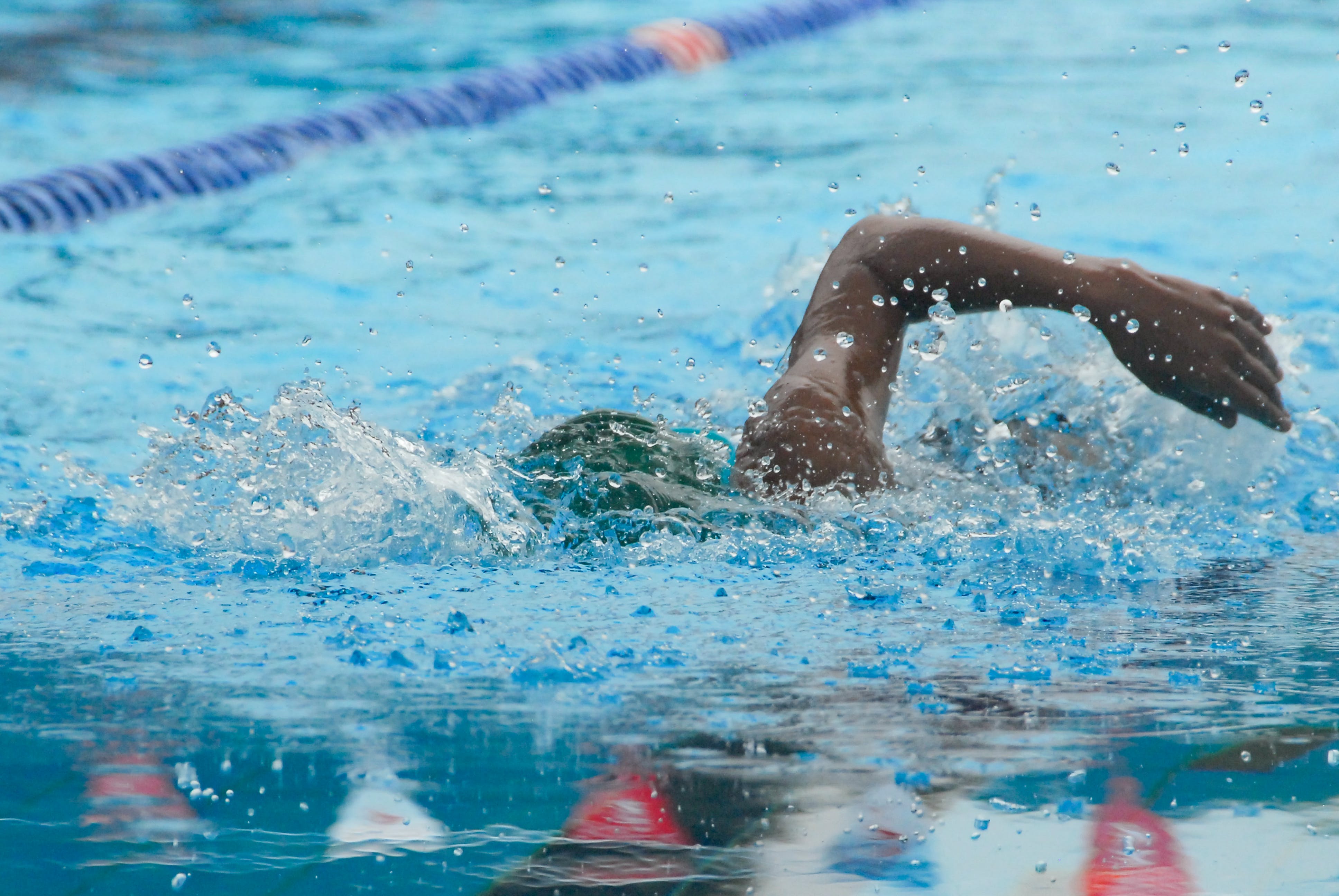2023 Study suggests swimmers struggle with nutritional knowledge.
A 2023 study suggests that youth swimmers are struggling with nutritional knowledge. As the popularity of swimming continues to surge, the importance of nutrition for youth swimming athletes becomes increasingly pivotal. For parents, coaches, and young swimmers alike, understanding the best nutritional practices for optimal performance and health is crucial. In the realm of competitive swimming, where young athletes push their limits, the role of diet and hydration cannot be overstated.
If you are unsure if you know how to fuel as a youth swimmer or if you are drinking enough fluid pre- and during a swim session, preliminary findings from this 2023 pilot study suggest you are not alone. This pilot study aimed to investigate the nutritional knowledge and hydration status of adolescent and Masters swimmers.

Why did we study the sports nutrition knowledge and hydration status of swimmers?
This study was part of an MSc Sports Nutrition research project at Ulster University. Most of the current published literature did not focus on youth swimmers, use validated questionnaires (making it hard to compare studies), nor did they use multiple measures to assess hydration status. Basically, there was a gap in the literature, and this study aimed to begin to address this.
What did the study involve?
The study investigated the nutritional knowledge of a small sample of adolescent (n=16) and Master club (n=7) swimmers in England and assessed how well they were hydrated. The swimmers completed a validated sports nutrition knowledge questionnaire and their hydration levels were assessed before and after a one-off training session using both urine specific gravity and colour comparison. The amount of water drank during the session was also measured by weighing swimmer’s water bottles.
What did we learn about the nutritional knowledge and hydration of the swimmers?
Preliminary analysis found that of the 23 club swimmers, ALL obtained a low sports nutrition knowledge score and 26% of swimmers were dehydrated pre-training.
Findings suggest that the swimmers’ sports nutrition knowledge was low, with the lowest scores found in supplement knowledge. Dehydration was somewhat prevalent pre-training, with a trend in swimmers reaching hydration by the session conclusion. Masters swimmers were found to drink less than adolescent swimmers throughout the training session.
Limitations of the study
It is important to note that findings were based on a small sample of competitive swimmers and hydration testing was only completed at a one-off session. Future studies with larger sample sizes and where data is collected on a number of training days, will add to the data. It is also important to highlight the dangers of over-hydration (drinking too much water) - try to sip in moderation!
Swimmers, parents, and coaches can learn from this study!
What swimmers eat and drink can massively influence performance. Studies have found that dehydration by 2% or more can impact cognitive performance and physical performance by 10%. Additionally, in swimmers, some of the hormones and signals to indicate thirst are blocked and alongside the lack of available time to drink in a session, this can mean swimmers easily become dehydrated.
The physical demands on teenagers and particularly in swimmers can mean that tailoring dietary intake to fuel training can be helpful. Recent studies show that nutritional knowledge and therefore dietary intake is poor in adolescents so education around this can help.
When eating for training, carbohydrates are crucial. Carbohydrates help swimmers fuel for training sessions, recover, and are also great for your gut health! Having simpler carbohydrates (fruit, cereal bars etc.) 1hr-30mins before training can help boost your performance. Having complex carbohydrates (higher in fibre e.g., pasta, couscous, rice) 2-3 hours before training can also help give you a sustained release of energy.
The building blocks of the muscle are proteins, they will help you recover from training, muscle growth and even hormone production. Having a serving of protein 3-4 times per day (particularly in the meal after training) can help you recover between sessions and build some muscle. Protein is found in dairy, meat, legumes, pulses etc.
Fats and micronutrients are found in a range of foods. Fats can give you energy for exercise, insulate your body and protect against injury. They are found in dairy, meat, chocolate, nuts etc. Sources of fats should be integrated in your diet (try to get these from whole food sources).
Micronutrients (vitamins and minerals) are found in fruit, veg, meats, grains etc. and contribute to all physical functions (this is where the saying carrots help you see in the dark comes from! This is because carrots are high in beta carotene which aids in helping your eyes to adjust to darkness). To get micronutrients in try to eat 5+ portions of fruit and veg per day.
Trying to sip water throughout the day is massively beneficial to stay hydration, even something as simple as bringing a water bottle around with you can help you to stay hydration. Having a glass of water with your meals can also help!
Watch this space as a new study may be taking place to investigate this topic further!
Author, Dan Alcock, MSc Sports Nutrition.
Disclaimer: This article is intended to provide general information about nutrition for youth athletes and is not meant to replace professional dietary advice or individual nutritional counselling. Every child's nutritional needs can vary due to factors such as age, size, physical activity level, and medical conditions. We strongly recommend consulting with a registered dietitian or a healthcare provider before making changes to your child's diet, such as adding food powders. YSN and the author of this article do not take responsibility for any possible consequences from any treatment, procedure, dietary modification, action, or application of medication which results from reading or following the information contained in this article.


Leave a comment